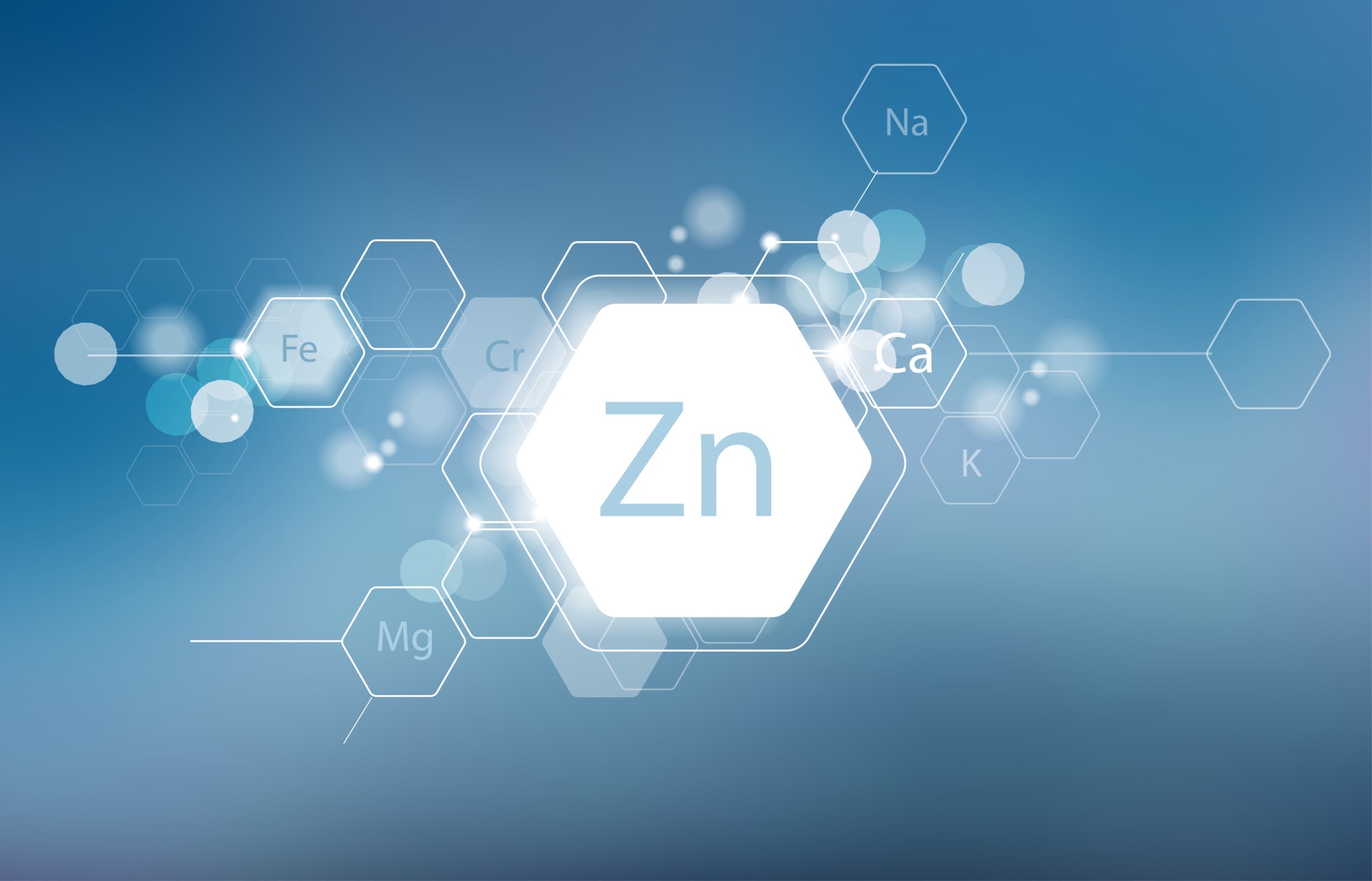Foods With Zinc
ZINC RICH FOODS

Zinc is a trace mineral that plays a vital role in numerous biological functions. It is essential for growth, development, and maintaining proper immune function. While our bodies only need small amounts of zinc, it is crucial to consume sufficient quantities regularly, as our bodies do not store excess zinc.
Why Zinc is Important
Zinc is a critical component of over 300 enzymes that facilitate various biochemical reactions in the body. It is involved in DNA synthesis, cell division, protein synthesis, and wound healing. Furthermore, zinc is essential for maintaining a healthy sense of taste and smell.
Key Functions of Zinc:
Cellular Metabolism: Zinc supports numerous cellular processes, including protein synthesis and DNA synthesis.
Enzyme Function: It is a structural component of numerous enzymes, influencing their activity and stability.
Immune Function: Zinc is crucial for the normal development and function of immune cells.
Growth and Development: Zinc is necessary for physical growth and development, especially during pregnancy, childhood, and adolescence.
Wound Healing: Zinc plays a significant role in skin health and wound healing due to its involvement in collagen synthesis.
Zinc and the Immune System
One of the most well-known roles of zinc is its impact on the immune system. Zinc is essential for the development and function of immune cells, including T lymphocytes, B lymphocytes, macrophages, and natural killer cells.
How Zinc Boosts Your Immune System:
T Cell Development: Zinc is crucial for the maturation and differentiation of T cells, which are essential for adaptive immunity.
B Cell Function: It supports the production of antibodies by B cells, enhancing the body’s ability to fight off infections.
Antioxidant Properties: Zinc acts as an antioxidant, protecting immune cells from oxidative damage during an immune response.
Anti-inflammatory Effects: Zinc modulates inflammatory responses, helping to balance the immune response and reduce excessive inflammation.

Health Benefits of Zinc

Zinc offers a wide range of health benefits beyond supporting the immune system. Adequate zinc intake is associated with improved health outcomes in various aspects:
Skin Health: Zinc helps maintain the integrity of the skin and mucous membranes, playing a vital role in wound healing and acne treatment.
Cognitive Function: Zinc is essential for brain function, and its deficiency has been linked to cognitive impairments and neurological disorders.
Reproductive Health: Zinc is necessary for proper reproductive function, affecting hormone production and regulation in both men and women.
Eye Health: Zinc is involved in the maintenance of vision and may help prevent age-related macular degeneration.
Mood Regulation: Zinc influences neurotransmitter function and has been linked to mood regulation and the prevention of depression.
How to Get 100% of Your Daily Zinc Requirement
The recommended daily allowance (RDA) for zinc varies by age, sex, and life stage. For adult men, the RDA is 11 mg, while for adult women, it is 8 mg. Pregnant and lactating women have higher needs, with RDAs of 11 mg and 12 mg, respectively.
Foods Rich in Zinc:
Meat: Beef, pork, and lamb are excellent sources of zinc. A 3-ounce serving of beef can provide about 7 mg of zinc.
Shellfish: Oysters are one of the richest sources of zinc, with just six medium oysters providing over 30 mg. Other shellfish like crab and lobster are also good sources.
Legumes: Chickpeas, lentils, and beans contain moderate amounts of zinc. They are a valuable source, especially for vegetarians.
Seeds and Nuts: Pumpkin seeds, hemp seeds, sesame seeds, and cashews are rich in zinc. A handful of these can significantly contribute to your daily intake.
Dairy Products: Cheese and milk contain zinc, with cheddar cheese providing about 1.2 mg per ounce.
Whole Grains: Whole grains like quinoa, oats, and brown rice offer zinc, though their phytate content can inhibit absorption to some extent.
Fruits Rich In Zinc
While fruits are generally not high in zinc compared to other food groups, certain fruits contain moderate amounts that can contribute to your daily intake:
Avocados: Avocados are one of the fruits with higher zinc content, providing about 1.3 mg per medium avocado.
Berries: Blackberries, raspberries, and pomegranates offer small amounts of zinc, adding to overall intake when consumed regularly.
Guava: This tropical fruit is another source of zinc, with one cup of guava offering around 0.2 mg of zinc.

Zinc is an indispensable nutrient that supports a multitude of bodily functions, from immune defense to cognitive health. Ensuring you get enough zinc through a varied diet rich in meats, shellfish, legumes, seeds, nuts, dairy products, and certain fruits can help you meet your daily requirements. By incorporating these foods into your diet, you can maintain optimal health and bolster your body's defenses against illnesses. Remember, while zinc supplements are available, it is always best to consult with a healthcare provider before starting any new supplement regimen.






Share:
How Much Weight Can You Lose by Drinking 8 Cups of Water a Day?
Is Chlorine Water Bad For You